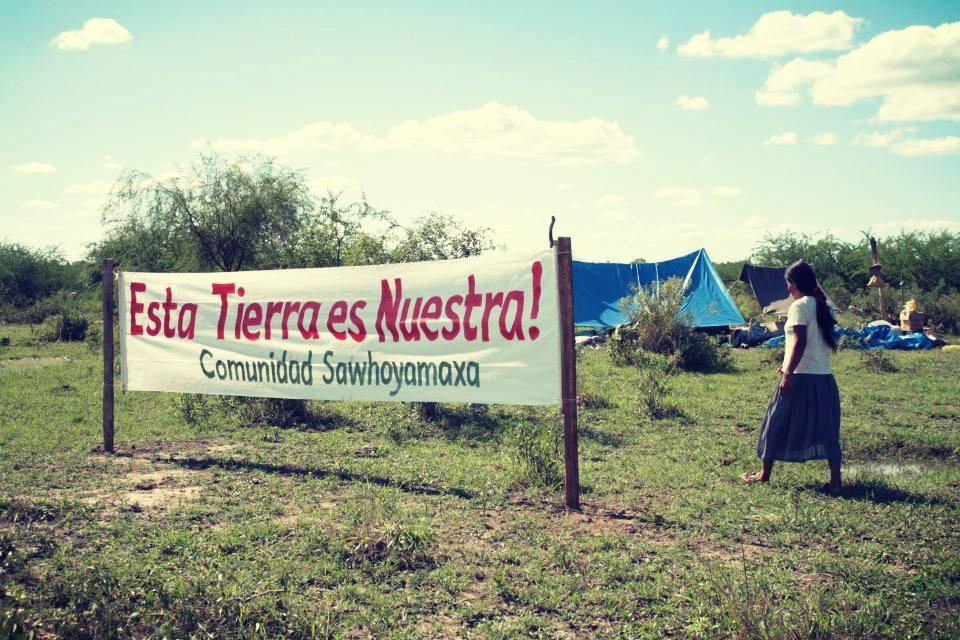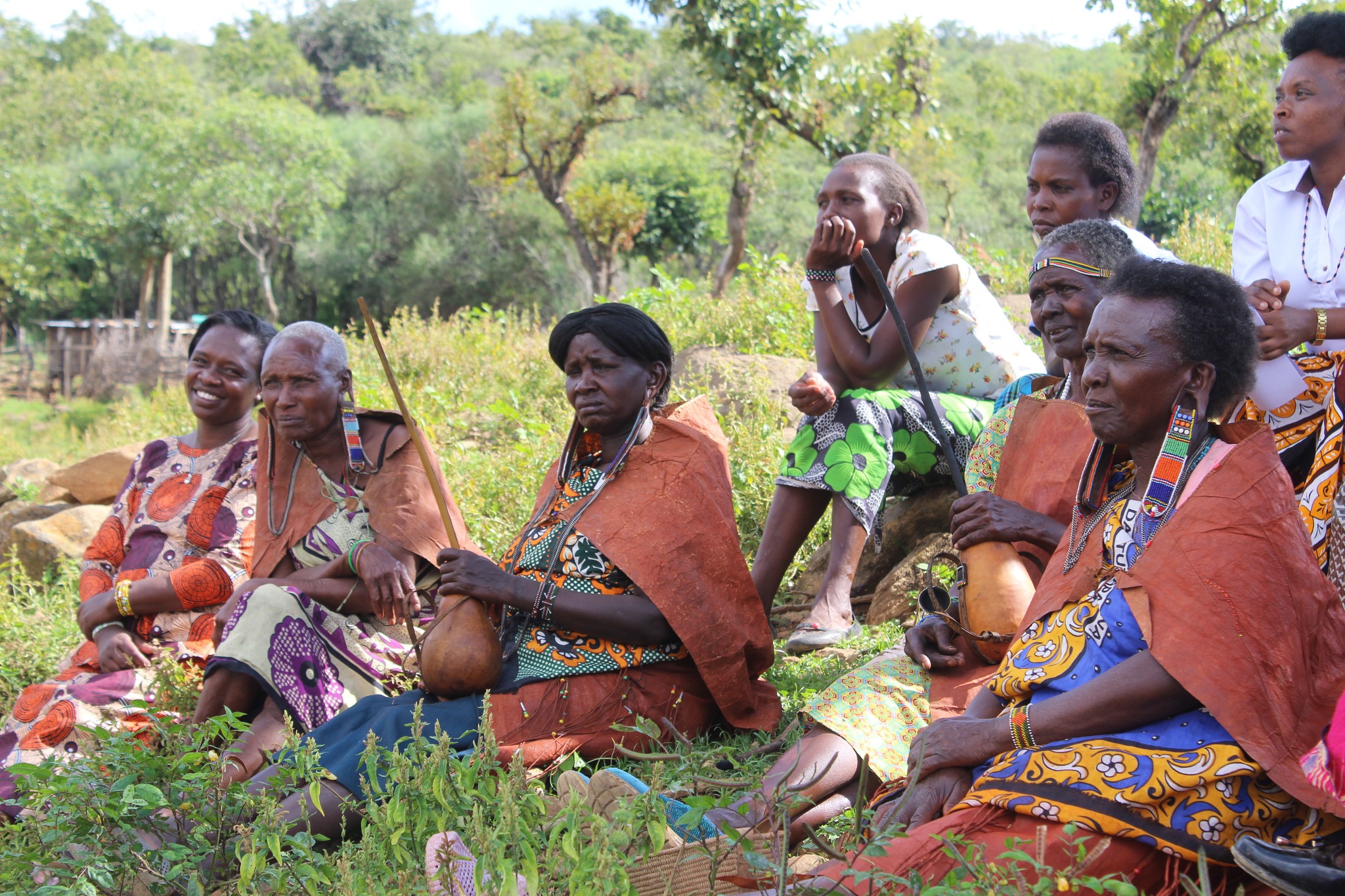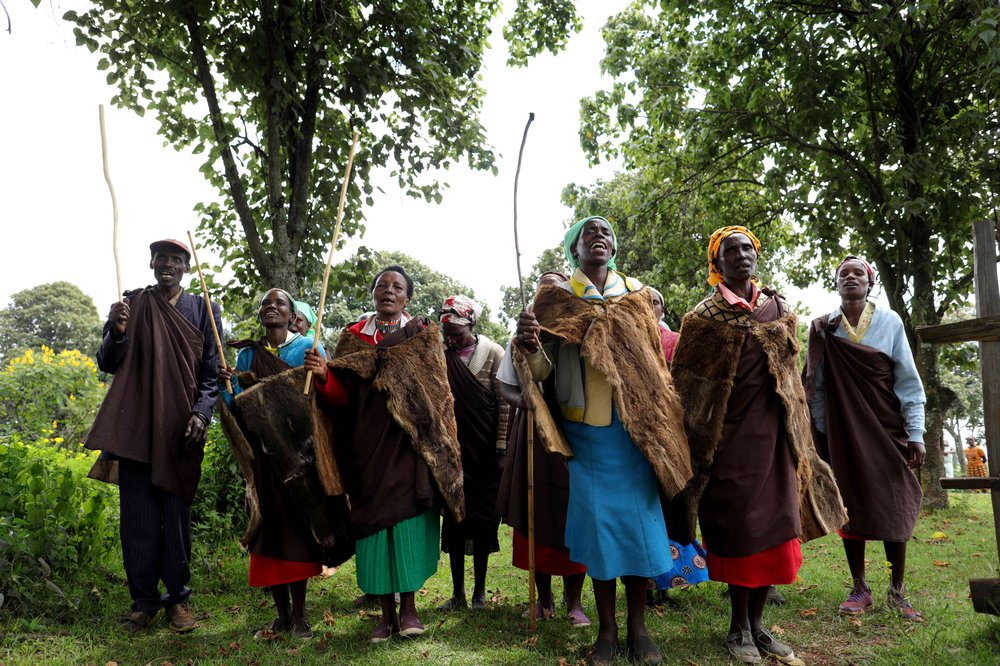What is this case about?
The Sawhoyamaxa indigenous community was evicted from its traditional lands in the Paraguayan Chaco in the 1990s. In 2001, ESCR-Net Member Tierraviva los Pueblos Indigenas del Chaco submitted a petition to the Inter-American Commission of Human Rights (IACHR). In March 2006, the Inter-American Court of Human Rights (IACtHR) found violations of various rights protected by the American Convention on Human Rights, namely the rights to fair trial, to judicial protection, to property, to life, and to recognition as a person before the law. Faced with a lack of government action to implement the judgment through timely land restitution and payment of compensation, the Sawhoyamaxa reoccupied their ancestral lands in 2013. The following year, Congress passed and the president signed a bill expropriating the land from private owners and formally returning it to the Sawhoyamaxa. In practice, the government has not acted on the expropriation order, which complicates the land restitution process. This case is significant due to its achievement regarding implementation, especially with respect to the 2014 law on expropriation, and for setting an important regional precedent on indigenous land rights claims. For a full case summary, please click here.
What collective implementation activity took place?
Tierraviva (Paraguay) has led the implementation process on this case since 2006. The SLWG became engaged in 2013 and has provided support, including through:
- a visit to the Sawhoyamaxa with Tierraviva, Dejusticia (Colombia) and the Sarayaku (Ecuador) in September 2013, bringing international solidarity to the existing movement of indigenous peoples in the Chaco region, and resulting in a declaration to promote enforcement of decisions relating to land
- an ESCR-Net letter to the President of Paraguay and others in January 2014, which was followed by Congress approving and the President signing a bill in June 2014 leading to formal land restitution to the Sawhoyamaxa
- the submission of a joint ESCR-Net and Dejusticia amicus brief in 2015, in an administrative inquiry proceeding in Paraguay to protect the right to freedom of expression of Julia Cabello, an attorney who has worked for more than a decade in defense of the right to land of the Sawhoyamaxa community
- ESCR-Net member Amnesty International (Paraguay) has initiated various campaigns to support the implementation process
Key documents
- The IACHR’s admissibility decision on the case (English and Spanish)
- Open Society Justice Initiative, Strategic Litigation Impacts: Indigenous Peoples’ Land Rights (2017) – for a summary of the case and its specific and wider impacts



